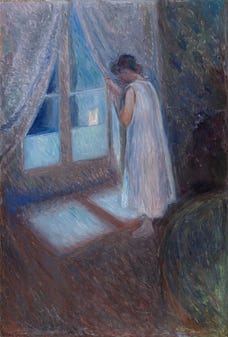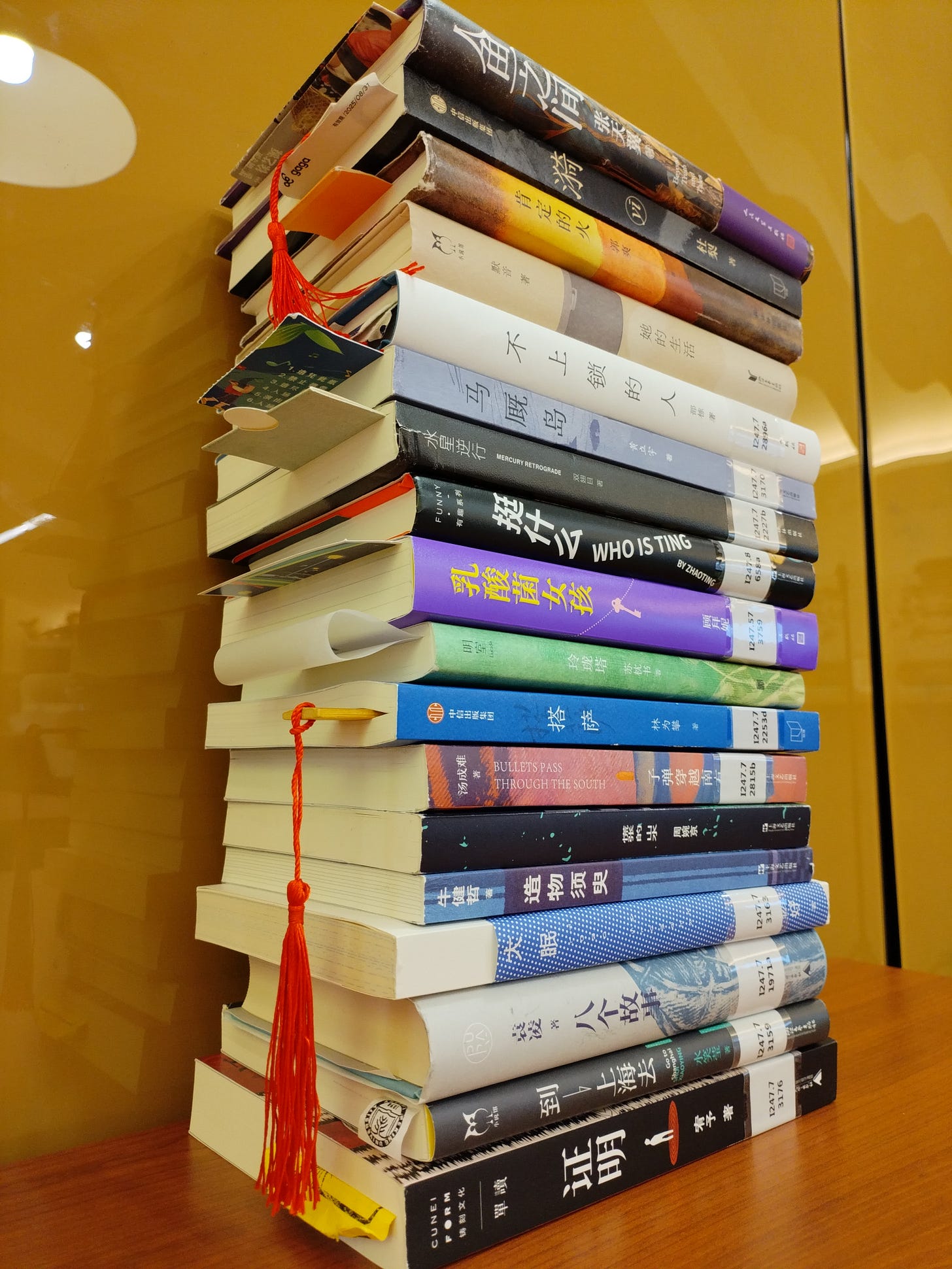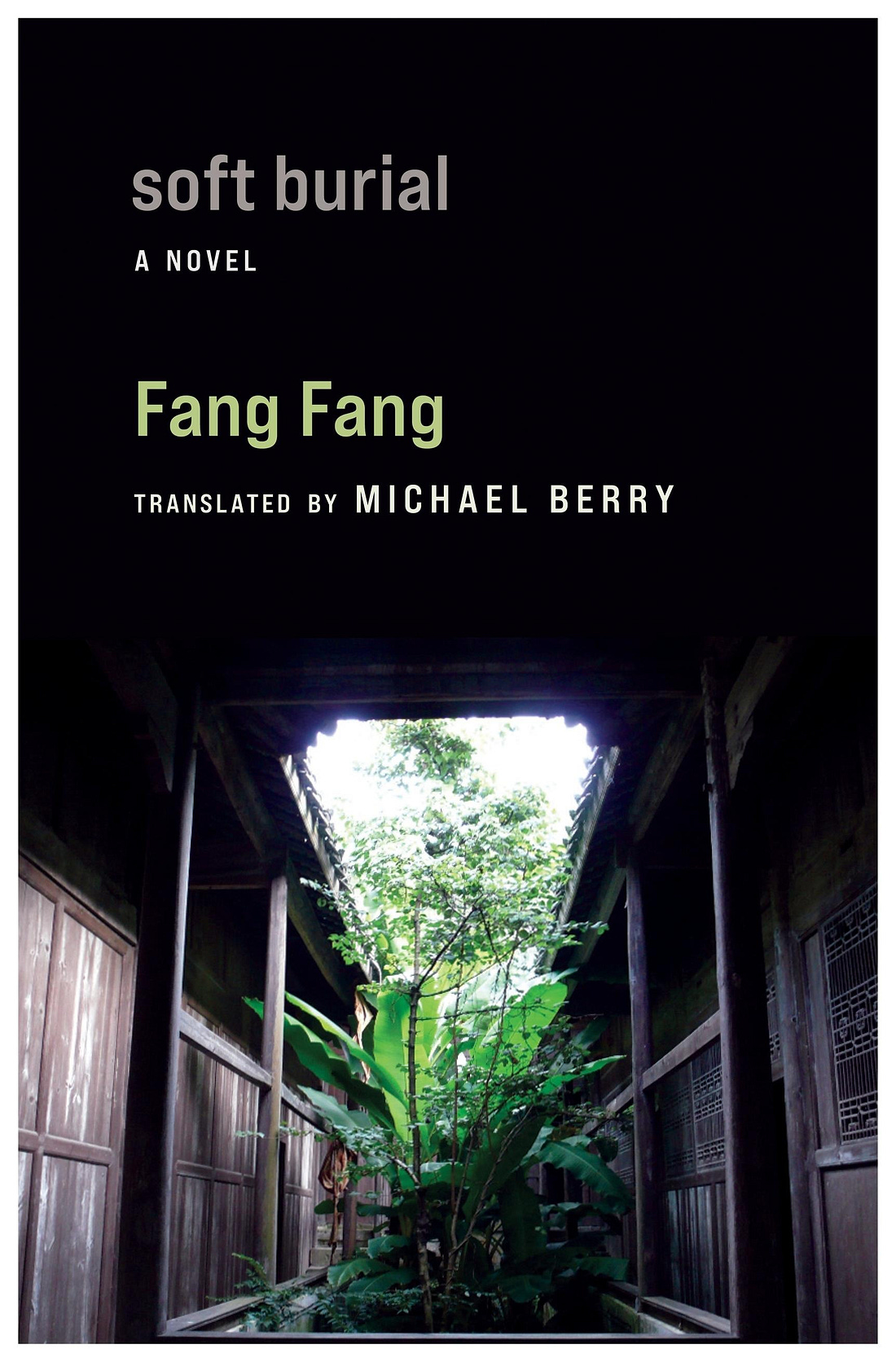MCLC Resource Center is pleased to announce publication of Richard King’s review of Writing to the Rhythm of Labor: Cultural Politics of the Chinese Revolution, 1942-1976, by Benjamin Kindler. The review appears below and at its online home: https://u.osu.edu/mclc/book-reviews/king/. My thanks to Nicholas Kaldis, our literary studies book review editor, for ushering the review to publication.
Kirk Denton, MCLC
Writing to the Rhythm of Labor:
Cultural Politics of the Chinese Revolution, 1942-1976
By Benjamin Kindler
Reviewed by Richard King
MCLC Resource Center Publication (Copyright September, 2025)
In the final paragraph of this absorbing and challenging book, Benjamin Kindler declares that it has been written “in a spirit of critical—but unapologetic—solidarity with communist projects of past, present, and future,” with the hope for “a renewal of a communist politics […] so that future generations might one day cleanse life of all evil, oppression, and violence and enjoy it to the fullest” (234). The materials he assembles for this ambitious enterprise consist of revolutionary political, economic and cultural theory from four key periods beginning at the communist base at Yan’an and ending with the death of Communist Party Chairman Mao Zedong, and literary writings that embrace the theories of their day. Chief among the authorities, apart from Mao himself, are Zhou Yang 周揚, a champion of Soviet literary practice and the leading Party cultural theorist from Yan’an to the mid-1960s, and Zhang Chunqiao 張春橋, who advanced the more radical political agenda of the Cultural Revolution in the final decade of the Mao era. Authors of fictional works analyzed include the novelists Liu Qing 柳青, Zhou Libo 周立波, Bai Lang 白朗, and Jin Jingmai 金敬邁, and the short-story writers Li Zhun 李准, Hu Wanchun 胡萬春, Ru Zhijuan 茹志娟, and Duan Ruixia 段瑞夏. In the introduction and conclusion, and at points in-between, Ding Ling 丁玲 appears as a writer both transformed and transforming, an exemplar of the Maoist vison of the artist. Two issues dominate discussion: the role of the wenyi gongzuozhe 文藝工作者 (here rendered “culture worker”) as a transitional figure in socialist artistic production, and the question of remuneration for work, examined through debates over “bourgeois right” that draw on classic Marxist texts including Marx’s 1875 “Critique of the Gotha Programme.” And two authors cited in the introduction inform Kindler’s approach: the French Marxist Louis Althusser provides a focus on “temporality” and the different rhythms of work experienced by the peasant, the factory worker, and the writer; while the writing of the early twentieth century Chinese feminist He-Yin Zhen 何殷震 draws his attention to the “free and voluntary” labor of women as opposed to the money economy of capitalism. Continue reading Writing to the Rhythm of Labor review →
 TOC: Journal of Chinese Literature and Culture, Volume 12, Issue 1 (April 2025)
TOC: Journal of Chinese Literature and Culture, Volume 12, Issue 1 (April 2025)











